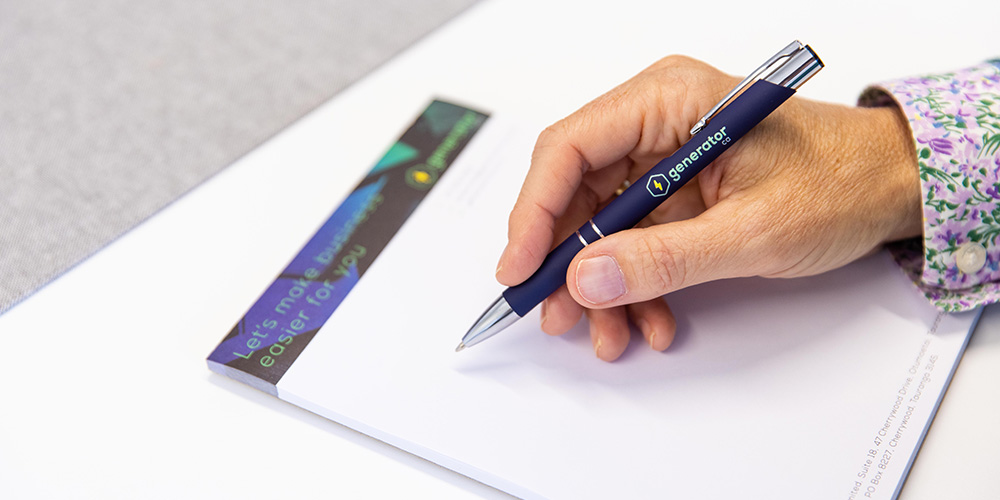Inland Revenue just released its kilometre rates for the latest tax year, which indicate running costs for vehicles. For the first 14,000km travelled each year, the rate is 83 cents per kilometre, which comes to a total of $11,620 – up from $11,060 the previous year.
But this is an average cost and does depend on what type of car you drive – an old petrol ute will cost much more to run than a new compact EV.
Larger cars are more costly to run
The AA also recently released its cost of running reports, which show that petrol car costs have risen by 9% compared to last year.
For petrol cars driving 14,000km a year:
- Small cars had total costs of 61 cents per kilometre
- Compact cars: 67c/km
- Medium vehicles 89c/km
- Large vehicles: 119c/km diesel cars cost almost the same as petrol, while battery electric vehicles were slightly cheaper
Company vehicles save employees money
With a company vehicle that an employee can also drive for personal use, the driver makes some major savings. Insurance is likely to be around $1,250 a year, plus $600 in maintenance, $500 towards tyres and $180 for the WOF/rego. That’s $2500 before you’ve even considered the cost of buying the car or paying interest on the finance – and all those costs would need to come from their after-tax income. Even without a fuel card, a car adds significant value to a salary package.
Running your car through the business
When you’re using the car for work purposes, the expenses you would incur, plus the cost of fuel, are tax-deductible. You should keep a logbook and we can recommend some apps for that. Talk to us about vehicle expenses.
Fringe benefit tax is tricky
For businesses that provide company cars, there may be fringe benefit tax to pay. This can be a little tricky to work out, but we’ll help you. We can also help if you’re considering offering company cars for employees – just get in touch, we’d love to hear from you.





















